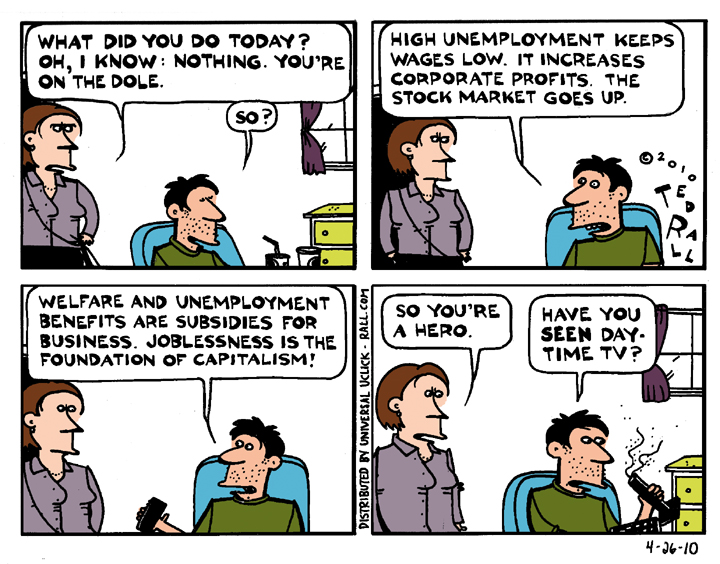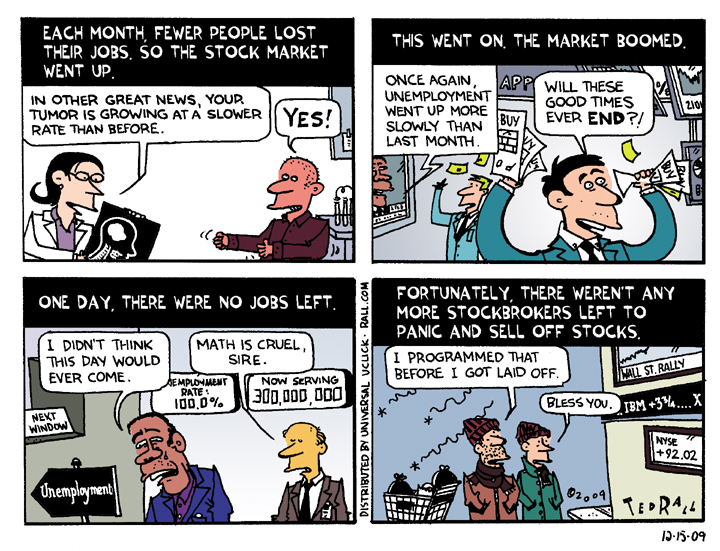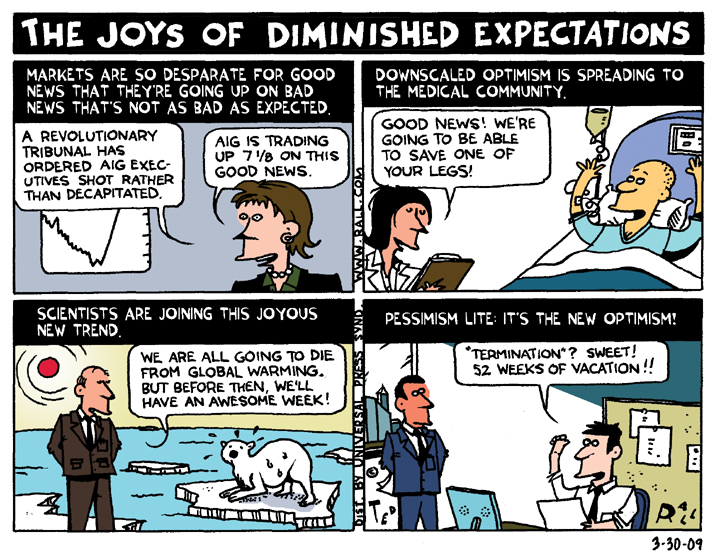Streaming 10 AM Eastern & 8 AM Mountain time + Streaming Afterwards:
Ted Rall and Manila Chan welcome auto industry expert Lauren Fix to dissect the impact of President Trump’s new 25% tariffs on foreign cars. The discussion explores how these tariffs, effective immediately, are shaking up the automotive landscape. Ford and GM, with 20-30% of their U.S. sales tied to imports, face pressure, prompting Ford to announce price cuts to offset rising costs. The episode delves into projections of auto prices climbing $5,000-$15,000, as even American-made vehicles rely on foreign components, leaving consumers squeezed amid persistent inflation.
The conversation also covers Tesla’s position, fully U.S.-produced and thus insulated from the tariffs, though its stock has dipped 5% after hours due to unrelated backlash. Broader market effects take center stage, with the tariffs triggering volatility—Ford’s stock rises 2%, GM’s falls 1.5%, and global trade tensions loom. Potential retaliation from Canada and Mexico, key players in the $460 billion auto trade network, adds fuel to the fire, unsettling investors further. Lauren Fix provides data-driven insights, while the hosts keep the pace brisk and engaging, blending economic analysis with real-world implications. The episode captures a pivotal moment as policy shifts ripple through wallets, assembly lines, and Wall Street, delivering the raw, unfiltered breakdown TMI fans expect.


 My secret is contrarianism. Since the conventional wise men of the corporate mainstream media are
My secret is contrarianism. Since the conventional wise men of the corporate mainstream media are 


